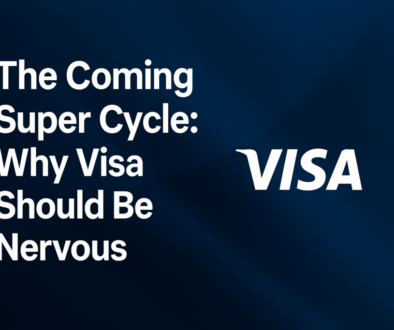Unleashing the Power of Staking and Smart Contracts in Blockchain
In the world of blockchain technology, terms like “staking” and “smart contracts” are increasingly becoming mainstream. As a leading advisory and consulting firm specializing in smart contracts, we’re often asked about these concepts, their benefits, and potential use cases. This post aims to demystify these aspects, helping you understand the opportunities that lie in harnessing the power of staking and smart contracts.
Understanding Staking and Smart Contracts:
Before diving into the benefits, let’s quickly revisit the concepts. Staking is a method of participating in a proof-of-stake (PoS) blockchain network where users lock up their tokens to validate transactions and secure the network. In return, they earn rewards, much like interest in traditional banking.
Smart contracts, on the other hand, are self-executing contracts with the terms of the agreement directly written into code. They are stored on the blockchain, are transparent, and eliminate the need for a third party, making transactions trustworthy, trackable, and irreversible.
The Benefits of Staking:
-
Financial Incentives:
Staking provides an opportunity for token holders to earn passive income. As you stake your tokens in a PoS network, you are rewarded for your contribution to the network’s security and stability. This revenue stream can be particularly attractive, especially in volatile crypto markets.
-
Increased Security:
Both staking and smart contracts contribute to a more secure blockchain network. Staking promotes network security as stakeholders are incentivized to act honestly. Any malicious attempt can lead to their staked tokens being slashed. Smart contracts, by design, are tamper-proof and autonomous, ensuring that once conditions are set, they are executed exactly as intended.
-
Efficiency and Automation:
Smart contracts automate processes that would otherwise require intermediaries, reducing costs, and increasing transaction speed. They also eliminate human error and the need for trust between parties, as the contract executes itself based on predefined rules.
-
Transparency:
Both staking and smart contracts bring unparalleled transparency to the blockchain. All transactions are visible to all network participants, reducing the risk of fraud. Smart contracts make the terms and execution of agreements transparent, while staking allows visibility into the network’s health and performance.
Potential Use Cases:
-
Decentralized Finance (DeFi):
Smart contracts are the backbone of DeFi, allowing for the creation of decentralized exchanges, lending platforms, yield farming, and staking platforms. Staking, in turn, incentivizes users to participate in the network, promoting liquidity and stability.
-
Supply Chain Management:
Smart contracts can automate various stages of the supply chain, ensuring real-time tracking and adherence to terms. Coupled with staking, it could lead to a more accountable and secure network of suppliers.
-
Real Estate:
From property transactions to rental agreements, smart contracts could automate and secure processes, while staking could be used to incentivize and reward various actions, such as timely rent payment or property maintenance.
-
Governance:
Smart contracts and staking could revolutionize voting systems, making them more transparent, secure, and efficient. Votes could be tokenized, and smart contracts could automatically tally votes, while staking could reward participation.
The combination of staking and smart contracts holds the potential to transform industries, delivering unprecedented levels of security, efficiency, and transparency. As a smart contract advisory and consulting firm, we’re excited about the opportunities and challenges that these technologies present. Let’s explore together how your business can leverage staking and smart contracts to thrive in the blockchain era.
Our team of experts is ready to help you navigate these new frontiers. Reach out today to discuss your specific needs and learn more about our services.



